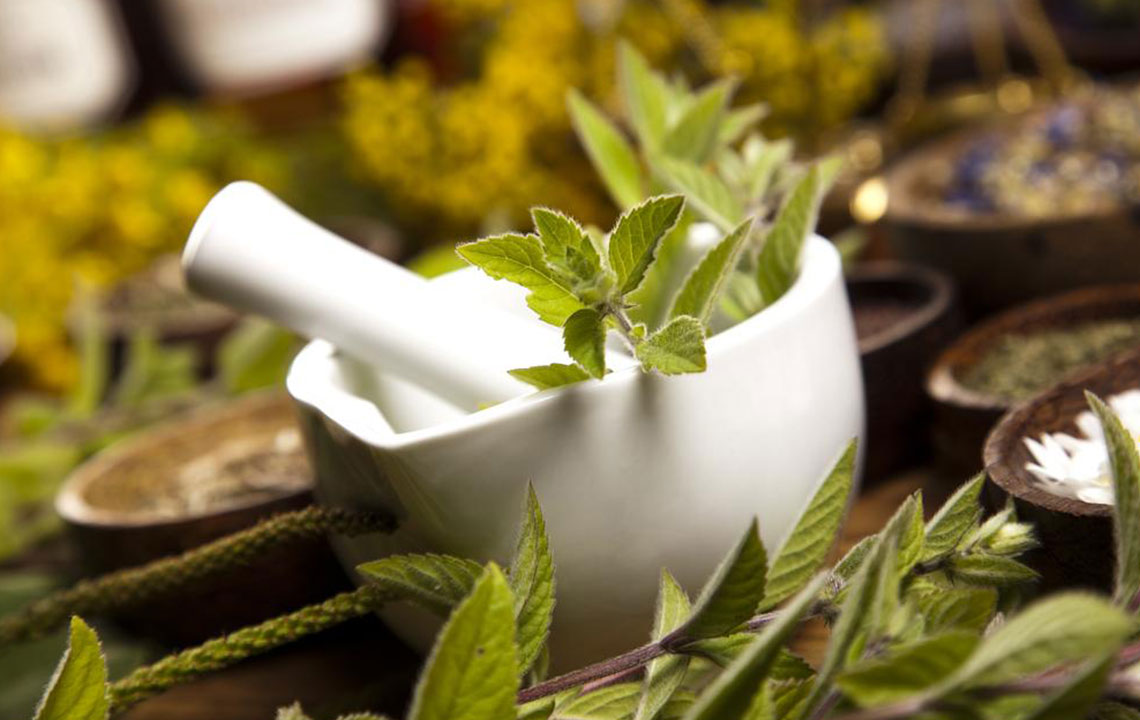Effective Natural Approaches to Manage and Relieve Irritable Bowel Syndrome Symptoms
Discover comprehensive natural strategies to manage and alleviate symptoms of Irritable Bowel Syndrome (IBS). From herbal remedies like slippery elm and fennel seeds to diet tips, stress management, and lifestyle adjustments, this guide provides practical solutions to improve digestive health. Incorporate these natural approaches into your routine to reduce discomfort, support gut healing, and enhance overall well-being. Learn about effective home remedies, dietary habits, and stress reduction techniques that empower you to control IBS symptoms naturally and effectively.

Comprehensive Natural Strategies for Alleviating Irritable Bowel Syndrome Discomfort
Irritable bowel syndrome (IBS), often referred to as spastic colon, is a functional gastrointestinal disorder that predominantly affects the large intestine or colon. This chronic condition is characterized by a range of uncomfortable symptoms that can significantly impact daily life. While IBS does not cause permanent damage to the intestines, its symptoms—such as abdominal pain, bloating, diarrhea, and constipation—can be persistent and disruptive. Managing IBS effectively requires a combination of dietary modifications, lifestyle changes, and natural remedies, especially since there is currently no known permanent cure.
It is noteworthy that women tend to experience IBS more frequently than men, possibly due to hormonal or other physiological factors. The triggers for IBS symptoms vary from person to person but frequently include stress, irregular eating habits, caffeine intake, and certain medications. Understanding these triggers is essential in developing a personalized approach to managing the disorder. While conventional medicine offers symptom management options, many individuals turn to home remedies and natural solutions to find relief and regain control over their digestive health.
Recognizing the Common Signs of IBS
Symptoms of irritable bowel syndrome typically include bloating, abdominal cramps, irregular bowel movements, diarrhea, and constipation. Affecting an estimated 20% of the adult population worldwide, IBS disrupts normal digestion and bowel function. The condition's origin is multifactorial, involving intestinal motility issues, heightened visceral sensitivity, gut-brain axis disturbances, and possibly microbiome imbalances. Recognizing these symptoms early and understanding their triggers can improve management and quality of life.
Natural Remedies and Lifestyle Tips for Managing IBS
Though there is no definitive cure for IBS, a variety of home remedies and lifestyle modifications can significantly mitigate symptoms. The following natural solutions can be incorporated into daily routines to provide relief:
Slippery Elm: Used by Native American tribes for centuries, slippery elm is renowned for its soothing properties, especially for inflamed or irritated intestinal linings. To prepare, stir a teaspoon of slippery elm extract or powder into a glass of warm water, stir well, and drink once or twice daily to help calm the digestive tract.
Green Tea: Rich in antioxidants like catechins, green tea helps reduce inflammation and relaxes gut muscles. Drinking a warm cup of green tea with a squeeze of lime can boost digestion and reduce discomfort.
Kefir: This probiotic-rich fermented dairy drink made from goat's milk promotes a balanced gut microbiome. Regular consumption of kefir—ideally a cup with meals or between meals—can improve bowel regularity and diminish symptoms like bloating and diarrhea.
Aloe Vera Juice: Known for its healing effects on the stomach lining, aloe vera juice can soothe inflammation and promote intestinal health. Fresh aloe gel can be blended with water to create a nutritious drink, consumed once daily for symptom relief.
Marshmallow Root: With natural anti-inflammatory properties, marshmallow root helps reduce intestinal inflammation and diarrhea. Prepare a tea by boiling a teaspoon of marshmallow root powder in water, sweeten with honey as desired, and drink two times a day.
Fennel Seeds: Fennel has carminative properties, which can help ease gas, bloating, and abdominal spasms. Boil two teaspoons of fennel seeds in a cup of water, strain, and sip before and after meals to enhance digestion and reduce discomfort.
Pomegranate Juice: Pomegranates are loaded with antioxidants and possess anti-inflammatory properties. Drinking a small glass of freshly prepared pomegranate juice daily can support gut health and help manage IBS symptoms over time.
Gentian Root: Traditionally used to stimulate digestion, gentian root can be brewed into a tea by boiling a teaspoon of dried root in water. Strain the drink, add honey, and consume before meals to enhance digestion and reduce bloating.
Garlic: Containing natural antibacterial and healing properties, garlic can support gut health. Crush fresh garlic cloves, simmer them in water, add honey, and drink regularly to aid in reducing intestinal inflammation and restoring microbiota balance.
Probiotics: Maintaining a healthy balance of gut bacteria is crucial for managing IBS. Incorporate probiotic-rich foods like yogurt or take probiotic supplements to help restore intestinal flora, improve digestion, and reduce symptoms like diarrhea and bloating.
In addition to utilizing these natural remedies, lifestyle adjustments play a pivotal role in managing IBS. Regular stress management techniques such as yoga, meditation, and deep-breathing exercises can help alleviate stress-induced symptoms. Maintaining consistent eating patterns, avoiding spicy, fried, or salty foods, and eating smaller, more frequent meals can ease the burden on the digestive system. Monitoring caffeine and alcohol intake is also recommended, as these can exacerbate symptoms. Consistent implementation of these dietary and lifestyle strategies, combined with natural remedies, can enhance overall digestive health and improve quality of life for individuals living with IBS.





